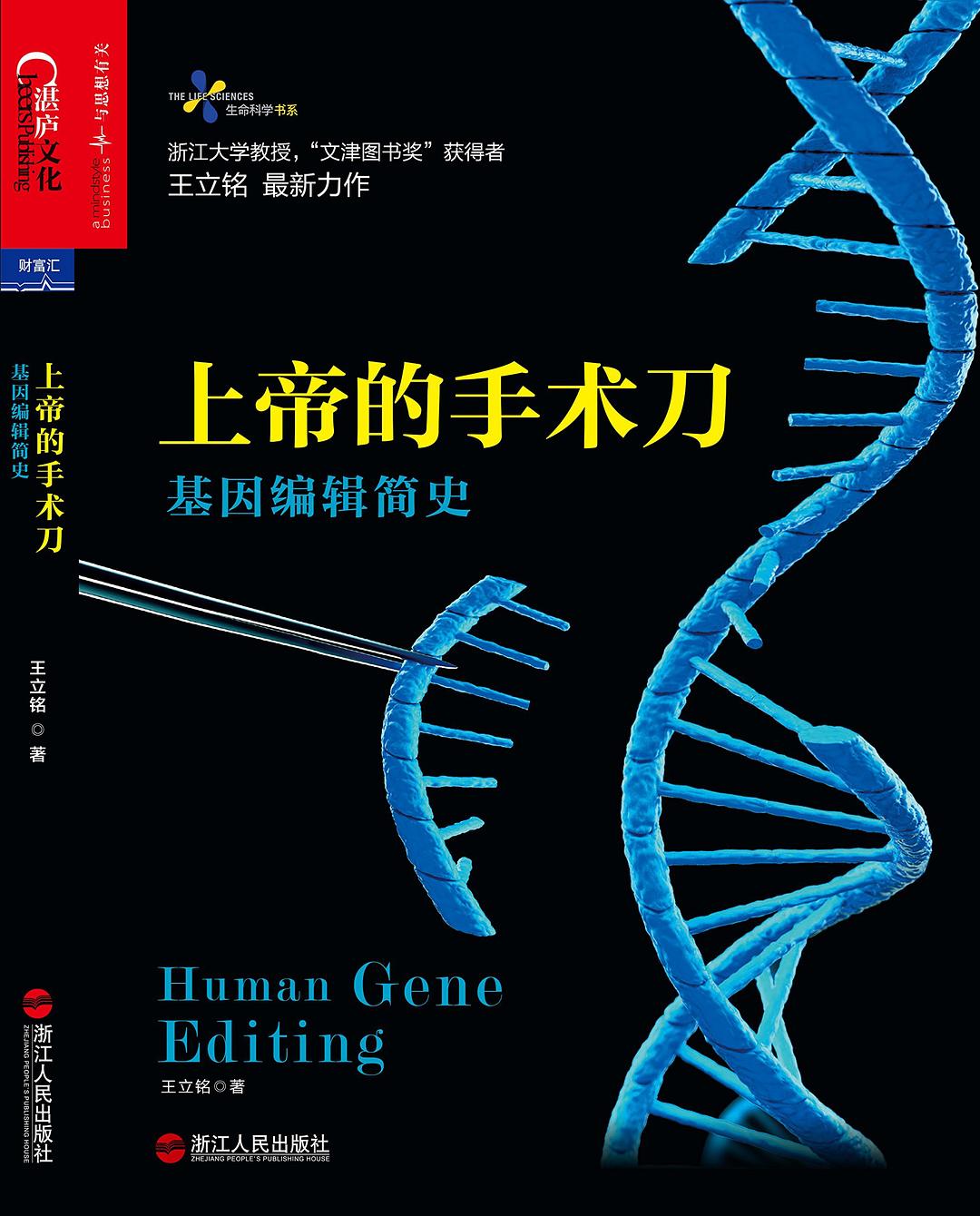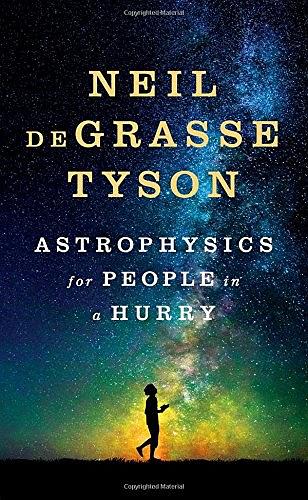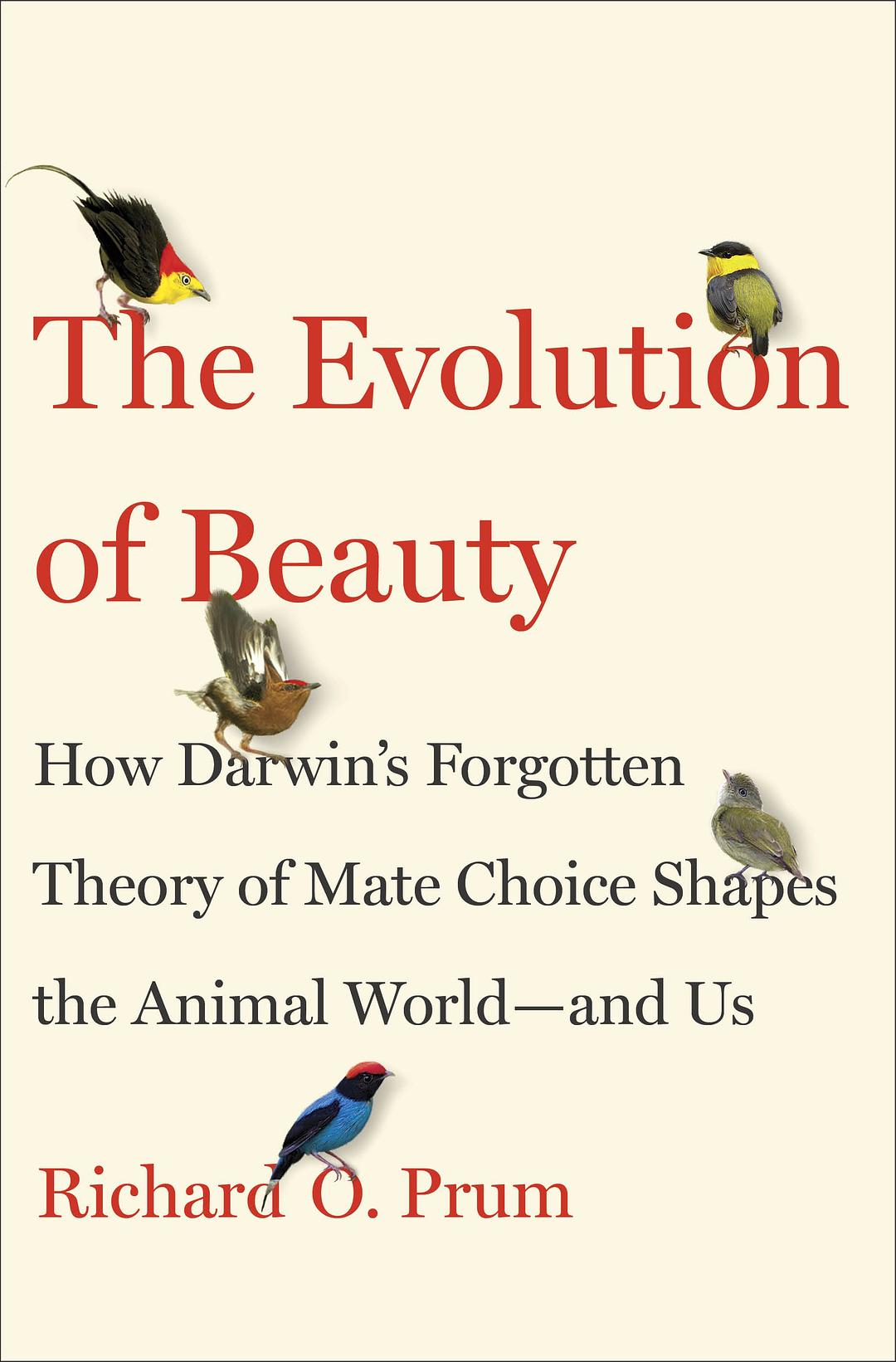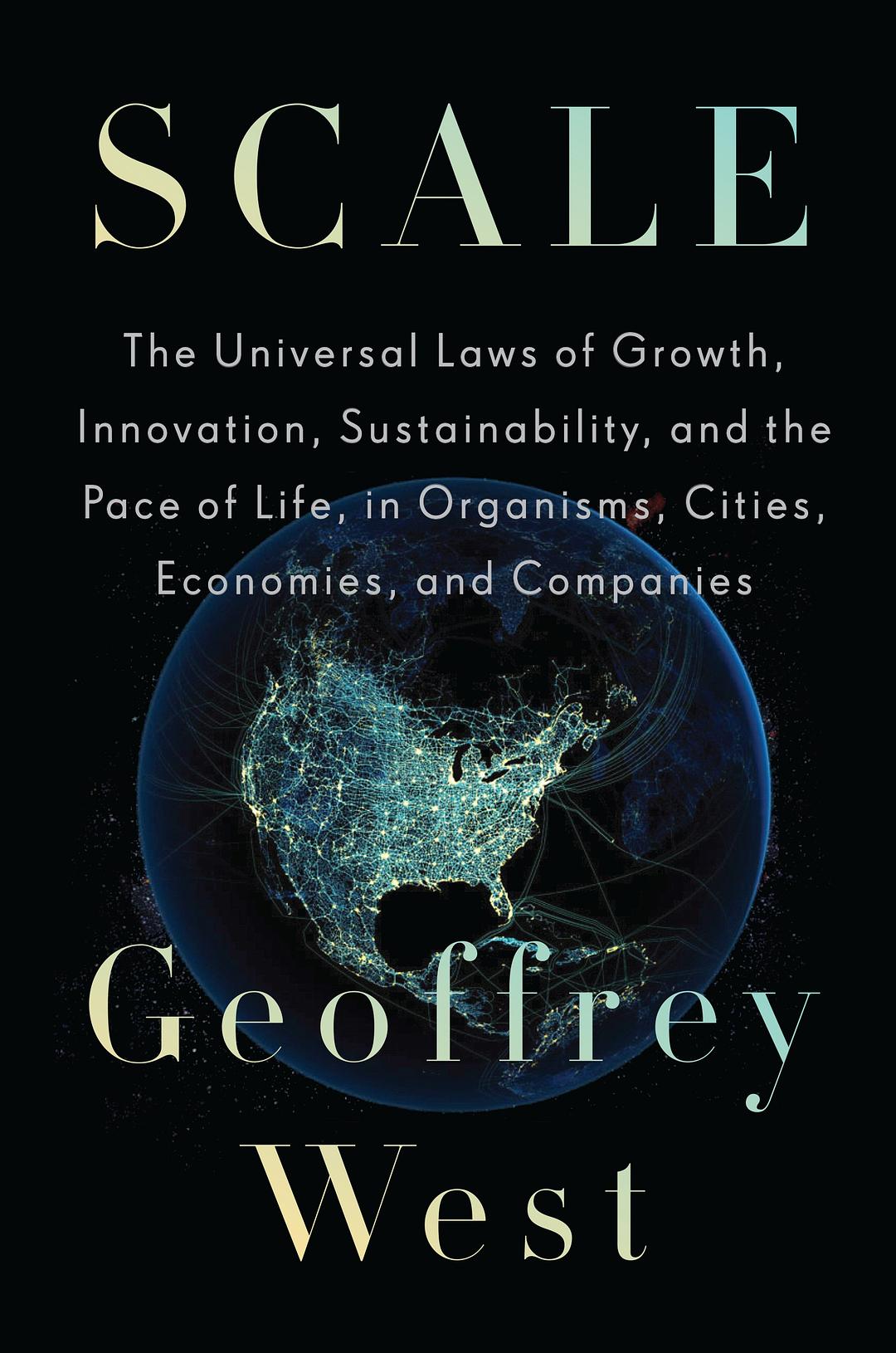-

上帝的手术刀
·这本书从孟德尔神父的“豌豆试验”入手,用跌宕起伏、起承转合的文学讲述手法,在全书中埋下层层伏笔,抖出了一个又一个的重磅包袱,宛如一位智者在科学之树下摇着扇子对基因编辑的历史脉络娓娓道来。其内容之深入浅出、讲述手法之驾轻就熟,令人手不释卷。
·一本细致讲解生物学热门进展的科普力作,一本解读人类未来发展趋势的精妙“小说”。
·打开基因科学深奥的硬壳,展现人类探索自身的的历史进程,从分子层面出发,重新思考人类的过去、现在和未来。
-

你不可不知的法律常识
酒后出事,同席者承担多大责任?样品误当新品卖,是否构成消费欺诈?车借给朋友出了事故,责任由谁承担?是不是所有的合同都可以采用电子签名?“小三”有权分得遗产吗?夫妻购买的小产权房,离婚时如何分割?父债子还,天经地义吗?借款人跑了,如何讨债?如何约定民间借贷的利息才合法?购买学区房,卖房人不迁走*怎么办?老赖的*住房不会被执行吗?这些问题都是生活中大家非常关注的,也是常常厘不清的。《你不可不知的法律常识》从生活与消费,夫与妻关系、父母与子女、资产与理财、企业经营与管理、诉讼与仲裁、犯罪与刑罚这7个方面入手,选取了与日常生活密切相关的100个问题,用非常接地气的语言,生动而严谨地进行点对点的讲解,非常适合大家查阅式阅读。
-

Astrophysics for People in a Hurry
The essential universe, from our most celebrated and beloved astrophysicist.
What is the nature of space and time? How do we fit within the universe? How does the universe fit within us? There’s no better guide through these mind-expanding questions than acclaimed astrophysicist and best-selling author Neil deGrasse Tyson.
But today, few of us have time to contemplate the cosmos. So Tyson brings the universe down to Earth succinctly and clearly, with sparkling wit, in tasty chapters consumable anytime and anywhere in your busy day.
While you wait for your morning coffee to brew, for the bus, the train, or a plane to arrive, Astrophysics for People in a Hurry will reveal just what you need to be fluent and ready for the next cosmic headlines: from the Big Bang to black holes, from quarks to quantum mechanics, and from the search for planets to the search for life in the universe.
-

理解信念:人工智能的科学理解
我们的信念构成了我们对世界的认识的很大一部分。作者尼尔斯·尼尔森通过《理解信念(人工智能的科学理解)(精)》带我们一起检查信念,了解信念为我们做什么,我们是如何持有信念的,以及如何评价信念。作者指出,应该仔细评价我们的信念,因为它们影响着我们如此多的行动和决定。我们所持有的信念可通过概率量化,并通过信念网络影响其他信念的概率。故此,我们可以通过调整科学方法的一些做法,并通过咨询专家的意见,来重新评价我们的信念。
-

The Evolution of Beauty
A major reimagining of how evolutionary forces work, revealing how mating preferences—what Darwin termed “the taste for the beautiful”—create the extraordinary range of ornament in the animal world.
In the great halls of science, dogma holds that Darwin’s theory of natural selection explains every branch on the tree of life: which species thrive, which wither away to extinction, and what features each evolves. But can adaptation by natural selection really account for everything we see in nature?
Yale University ornithologist Richard Prum—reviving Darwin’s own views—thinks not. Deep in tropical jungles around the world are birds with a dizzying array of appearances and mating displays: Club-winged Manakins who sing with their wings, Great Argus Pheasants who dazzle prospective mates with a four-foot-wide cone of feathers covered in golden 3D spheres, Red-capped Manakins who moonwalk. In thirty years of fieldwork, Prum has seen numerous display traits that seem disconnected from, if not outright contrary to, selection for individual survival. To explain this, he dusts off Darwin’s long-neglected theory of sexual selection in which the act of choosing a mate for purely aesthetic reasons—for the mere pleasure of it—is an independent engine of evolutionary change.
Mate choice can drive ornamental traits from the constraints of adaptive evolution, allowing them to grow ever more elaborate. It also sets the stakes for sexual conflict, in which the sexual autonomy of the female evolves in response to male sexual control. Most crucially, this framework provides important insights into the evolution of human sexuality, particularly the ways in which female preferences have changed male bodies, and even maleness itself, through evolutionary time.
The Evolution of Beauty presents a unique scientific vision for how nature’s splendor contributes to a more complete understanding of evolution and of ourselves.
-

Scale
From one of the most influential scientists of our time, a dazzling exploration of the hidden laws that govern the life cycle of everything from plants and animals to the cities we live in.
Visionary physicist Geoffrey West is a pioneer in the field of complexity science, the science of emergent systems and networks. The term “complexity” can be misleading, however, because what makes West’s discoveries so beautiful is that he has found an underlying simplicity that unites the seemingly complex and diverse phenomena of living systems, including our bodies, our cities and our businesses.
Fascinated by aging and mortality, West applied the rigor of a physicist to the biological question of why we live as long as we do and no longer. The result was astonishing, and changed science: West found that despite the riotous diversity in mammals, they are all, to a large degree, scaled versions of each other. If you know the size of a mammal, you can use scaling laws to learn everything from how much food it eats per day, what its heart-rate is, how long it will take to mature, its lifespan, and so on. Furthermore, the efficiency of the mammal’s circulatory systems scales up precisely based on weight: if you compare a mouse, a human and an elephant on a logarithmic graph, you find with every doubling of average weight, a species gets 25% more efficient—and lives 25% longer. Fundamentally, he has proven, the issue has to do with the fractal geometry of the networks that supply energy and remove waste from the organism’s body.
West’s work has been game-changing for biologists, but then he made the even bolder move of exploring his work’s applicability. Cities, too, are constellations of networks and laws of scalability relate with eerie precision to them. Recently, West has applied his revolutionary work to the business world. This investigation has led to powerful insights into why some companies thrive while others fail. The implications of these discoveries are far-reaching, and are just beginning to be explored. Scale is a thrilling scientific adventure story about the elemental natural laws that bind us together in simple but profound ways. Through the brilliant mind of Geoffrey West, we can envision how cities, companies and biological life alike are dancing to the same simple, powerful tune.